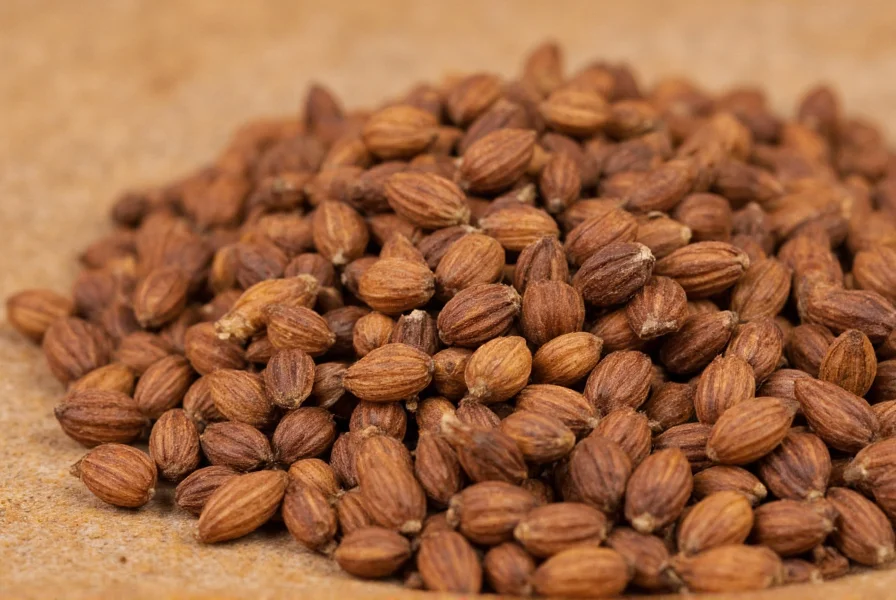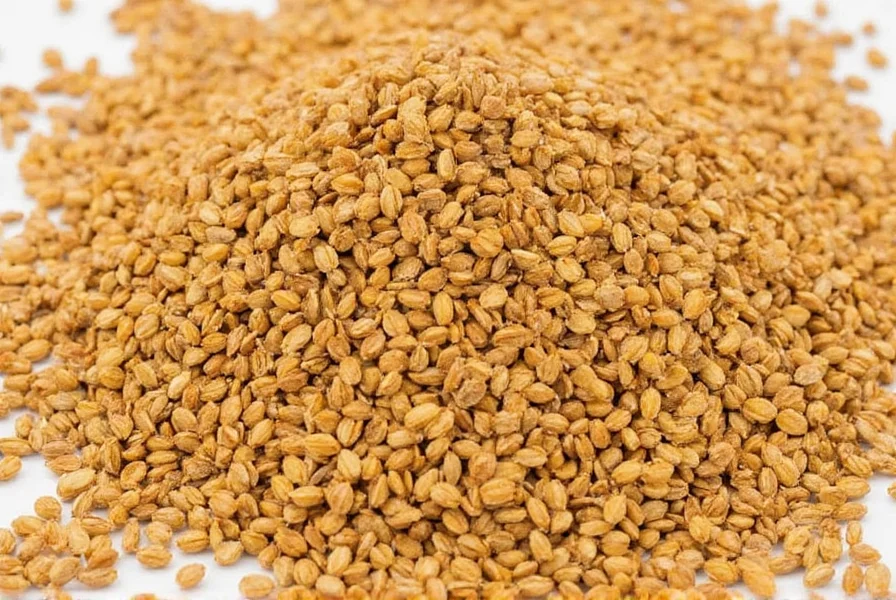Cumin (Cuminum cyminum) has been valued in traditional medicine systems for thousands of years, but modern science is now validating many of its purported health benefits. This aromatic spice, essential to cuisines worldwide, contains bioactive compounds like cuminaldehyde and thymol that contribute to its therapeutic properties. Understanding the evidence-based benefits of cumin can help you make informed decisions about incorporating this spice into your diet.
The Science Behind Cumin's Health Properties
Recent clinical studies have examined cumin's effects on human health with promising results. The spice contains significant amounts of antioxidants that combat oxidative stress, which is linked to chronic diseases. A 2020 review published in the Journal of Traditional and Complementary Medicine analyzed multiple studies showing cumin's potential therapeutic effects across various health parameters.

Key Evidence-Based Health Benefits of Cumin
Digestive Health Improvement
One of the most well-documented cumin health benefits involves digestive function. Research indicates that cumin stimulates digestive enzymes and increases bile production, which enhances fat digestion. A clinical trial with 58 participants found that those consuming cumin extract experienced significantly reduced symptoms of irritable bowel syndrome compared to the control group. This makes cumin particularly valuable for natural digestion support through dietary spices.
Blood Sugar Regulation
Several studies demonstrate cumin's potential for managing blood glucose levels. In a 2019 randomized controlled trial, participants with type 2 diabetes who consumed 1 gram of cumin powder daily showed improved fasting blood sugar and HbA1c levels after eight weeks. The spice appears to enhance insulin sensitivity through its active compounds, offering a dietary approach to supporting healthy blood sugar regulation.
Cholesterol Management
Cumin shows promise for improving lipid profiles. Research published in the Complementary Therapies in Medicine journal reported that participants consuming cumin supplements experienced significant reductions in LDL ("bad") cholesterol and triglycerides. These cholesterol-lowering effects of cumin supplementation suggest its potential role in cardiovascular health maintenance.
| Nutrient | Amount per Tbsp (6g) | % Daily Value |
|---|---|---|
| Iron | 1.4 mg | 8% |
| Manganese | 0.3 mg | 14% |
| Magnesium | 25 mg | 6% |
| Calcium | 35 mg | 3% |
Antioxidant and Anti-inflammatory Effects
Cumin ranks high on the ORAC (Oxygen Radical Absorbance Capacity) scale, indicating strong antioxidant capacity. These compounds help neutralize free radicals that contribute to cellular damage. Additionally, cumin demonstrates natural anti-inflammatory properties by inhibiting inflammatory pathways in the body. Regular consumption may help reduce chronic inflammation associated with conditions like arthritis.
Antimicrobial Properties
Traditional uses of cumin for food preservation align with modern research showing its antimicrobial effects against various pathogens. Studies indicate cumin extract can inhibit the growth of certain bacteria and fungi, suggesting potential applications for food safety and possibly supporting immune function.
How to Incorporate Cumin for Maximum Health Benefits
To reap the science-backed cumin health advantages, consider these practical approaches:
- Dry roast whole seeds before grinding to enhance flavor and bioactive compound availability
- Add 1-2 teaspoons of ground cumin to soups, stews, and vegetable dishes
- Combine cumin with black pepper to increase absorption of its beneficial compounds
- Use cumin in homemade spice blends like curry powder or chili seasoning
- Consider cumin tea by steeping 1 teaspoon of seeds in hot water for 10 minutes

Potential Side Effects and Precautions
While cumin is generally safe when consumed in culinary amounts, some potential side effects of excessive cumin consumption include:
- Heartburn or acid reflux in sensitive individuals
- Lowered blood sugar levels (caution for diabetics on medication)
- Possible interactions with blood-thinning medications
- Rare allergic reactions, particularly in those sensitive to other Apiaceae family plants
Pregnant women should consume cumin in normal food amounts rather than therapeutic doses, as high quantities might stimulate uterine contractions. As with any dietary change, consult your healthcare provider if you have specific health conditions or concerns.
Cumin Compared to Other Spices
While many spices offer health benefits, cumin provides a unique nutritional profile. Compared to turmeric, cumin has higher iron content but lower curcumin levels. Unlike ginger, which primarily targets digestion and inflammation, cumin offers broader metabolic benefits including potential cholesterol management. Understanding these differences between spice health properties helps optimize your dietary choices.
Conclusion: Evidence-Based Perspective on Cumin Benefits
Cumin's health benefits are increasingly supported by scientific research, particularly for digestive health, blood sugar regulation, and antioxidant protection. While not a miracle cure, incorporating this versatile spice into a balanced diet represents a practical, evidence-based approach to enhancing wellness. The therapeutic potential of culinary spices like cumin demonstrates how traditional food wisdom often aligns with modern nutritional science.
Frequently Asked Questions
What is the recommended daily amount of cumin for health benefits?
Research suggests 300-600 mg of cumin extract or 1-2 teaspoons (3-6 grams) of ground cumin daily provides measurable health benefits. Culinary use typically ranges from 1/4 to 1 teaspoon per serving. Higher therapeutic doses should be discussed with a healthcare provider.
Can cumin help with weight loss?
Some studies indicate cumin may support weight management by improving metabolism and reducing fat accumulation. A 2015 study found participants consuming cumin powder lost more weight than the control group, but more research is needed. Cumin should be viewed as a complementary approach rather than a primary weight loss solution.
Does cumin have any benefits for skin health?
Yes, cumin's antioxidant and anti-inflammatory properties may benefit skin health. The spice contains compounds that protect against oxidative damage and may help with conditions like acne and eczema. Some traditional medicine systems use cumin topically, but scientific evidence for topical application remains limited compared to dietary consumption benefits.
How does cumin compare to black cumin (Nigella sativa)?
Though names are similar, cumin (Cuminum cyminum) and black cumin (Nigella sativa, also called black seed) are different plants with distinct properties. Black cumin contains thymoquinone as its primary active compound, while regular cumin's key compounds are cuminaldehyde and thymol. Both offer health benefits but through different mechanisms and with varying research support.
Can I take cumin if I'm on blood pressure medication?
Cumin may have mild blood pressure-lowering effects, so consult your physician before consuming large amounts if you're taking blood pressure medication. Culinary amounts (1/4-1/2 teaspoon per meal) are generally safe, but therapeutic doses could potentially enhance medication effects. Your healthcare provider can help determine appropriate consumption levels based on your specific medications and health status.











 浙公网安备
33010002000092号
浙公网安备
33010002000092号 浙B2-20120091-4
浙B2-20120091-4